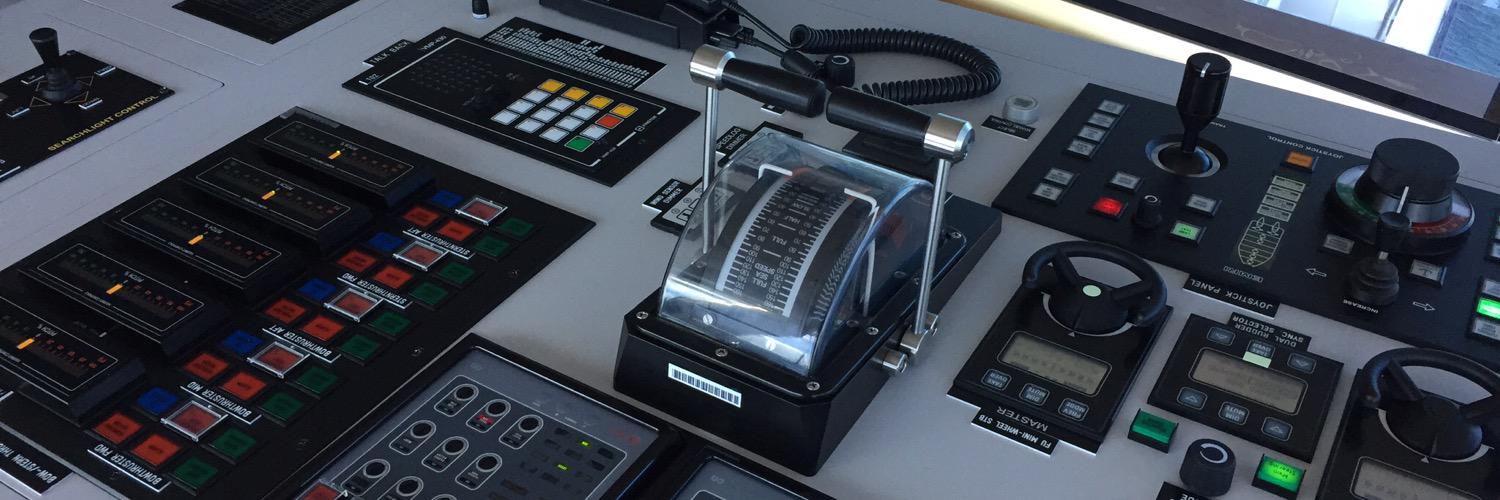When the small satellite TV dishes first started to come out, my dad decided he needed one. Forever a can-do and frugal engineer, he signed up for the “self-installation” package. Naturally, that translated to me being on the roof with a bag of bolts, parts and instruction manuals. The kit included a magnetic compass and directions to mount and orient the dish toward the geosynchronous satellite. A cable ran from the dish into the house to a receiver hooked to the television. The setup screen displayed the signal strength with an audio signal that went from a low static hum to a solid high-pitched tone when the dish was correctly oriented. Getting the dish oriented correctly before cell phones was an all day long comedy skit with my dad monitoring the TV yelling out the status to my sister in the yard who was yelling up to me on the roof. I made slight adjustments left and right then up and down. There were so many blips, so many signals out there in space. A solid tone would sing out and we thought we had it. But no channels were coming through. It was the wrong satellite. On to the next. There were so many signals! A few hours later, hunting the vast spans of the evening sky and we finally had the right signal and magic started happening. The channels finally appeared.
Did you know that humans tune in to signals too? All around us are broadcasts bombarding us for our attention. We are awash in notifications, news, texts, alerts, advertisements, emails, words, wishes, sounds, tweets, smells, ideas, campaigns, beliefs, hurts and joys. It can feel like noise at times, so we hunt for the strongest signal. What you may not know is that we are hardwired to find certain types of signals. That’s right, like a satellite receiver dish, our attention is drawn toward certain types of signals. Psychologist have ample empirical evidence that we are drawn to negative signals.* The bias to tune in to and amplify negative information far outweighs our search for positive information. “Give me the bad news first,” is actually quite true of us. It turns out that this negative bias starts early and is likely a critical adaptive function for survival for our human family throughout the years. Unfortunately, it can have a profound implication on our emotional and mental health. But it is not inevitable. We have the capacity to choose what we tune in and what we amplify.
Where is your dish pointing? Is your signal diet overly focused on negative information? What do you amplify to yourself and others? We can be deliberate about the signals we consume and rebroadcast. Review the channel lineup that feeds into your life. What would you add or remove to make sure the positive signals are coming through? We need positive amplifiers to counter our negative bias. There is great news, fascinating and inspiring ideas, joy filled hope and emotionally rewarding signals all out there waiting for us. Tune in. Focus and amplify those things that are good, true, positive and encouraging.
—
